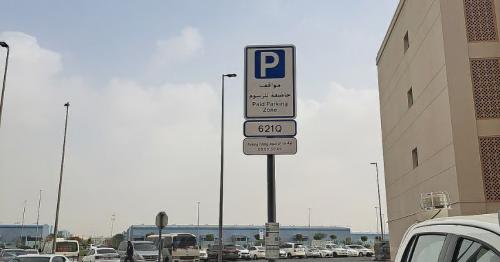UAE: New rules issued for insurance brokers from next year

Insurance brokers with licenses in financial free zones for reinsurance tasks aren't affected by these modifications. They follow a unique set of rules. The UAE's Central Bank issued new rules that prevent these brokers from taking on multiple insurance-related roles. The rules also state that insurance brokers cannot associate or act as agents for other brokers in the UAE.
The fresh mandate states that insurers can't interact, either directly or by other means, with policyholders who are broker clients. This covers both new policies and renewals. It's put in place to protect brokers' earnings.
Insurance companies are required by law to pay the decided amount to the broker on time. The Insurance Brokerage Agreement states the timeline. It can't be longer than 10 work days after they get the premium payments. If the premium is paid bit by bit, the broker’s payment must follow the same pattern. And it should also follow the same time frame.
Legal firm HFW has announced new rules, effective from February 15, 2025. The news about these laws came from an article penned by HFW partners Sam Wakerley and John Barlow, along with senior associate Thomas Neighbour and associate Benjamin Obinali.
Who falls under new rules
The rules affect land-based UAE regulated groups. These are all insurance brokers, every insurance company, overseas branches of insurance companies with authority to write primary and reinsurance policies (including Takaful), and reinsurers too.
Financial free zone-licensed brokers who handle reinsurance aren't subject to these updates. The rules of the free zone govern them instead.
Prohibitions
Crucially, HFW attorneys highlighted certain rules that set specific restrictions on insurance brokerages and their employees. These restrictions include:
-
Staying solely within the sphere of breaking activities.
-
Never outsourcing broking tasks to other brokers unless there's written agreement from both the client and insurance company, even when working with brokers in different locations.
-
Not letting any individual or organization, if they're not supervised by the Central Bank, employ any agents or staff from licensed entities to push for insurance policies.
-
Not splitting any payment with others in the insurance field.
-
Not providing any price cuts to customers from the money earned from insurance firms.
By law, brokers have rules they must follow. They have to help clients with claim processes. This includes asking for any documents not given within two days of getting the claim form. They need to let clients know in writing about renewals 20 days before the policy ends. Using their official email is part of this too.
The updated rules prevent insurance agents from receiving claim payouts. These payouts need to come straight from the insurance firms to the policy owners. But, this only holds true for main insurance activities. Secondary insurance activities get an exemption. The conditions of the reinsurance broker's agreement dictate their operations.
No discounts
HFW's attorneys clarified in a memo about the new rules. Insurance brokers can't give discounts from the pay they get from companies. Brokers also have to stay away from doing something that could change market prices unfairly. Any discounts for clients should only come from the insurance company itself.
The law office mentioned that agents must hold and uphold Insurance Brokerage Agreements with, at least, two insurers. These should discuss agreement length, ending terms, various business types and lines, locations, and payment. Brokers should not bear the burden for client's unpaid premiums. Also, brokers shouldn't have the authority to write or modify insurance policies or additions, with the only exception being for motor certificates.






Comments